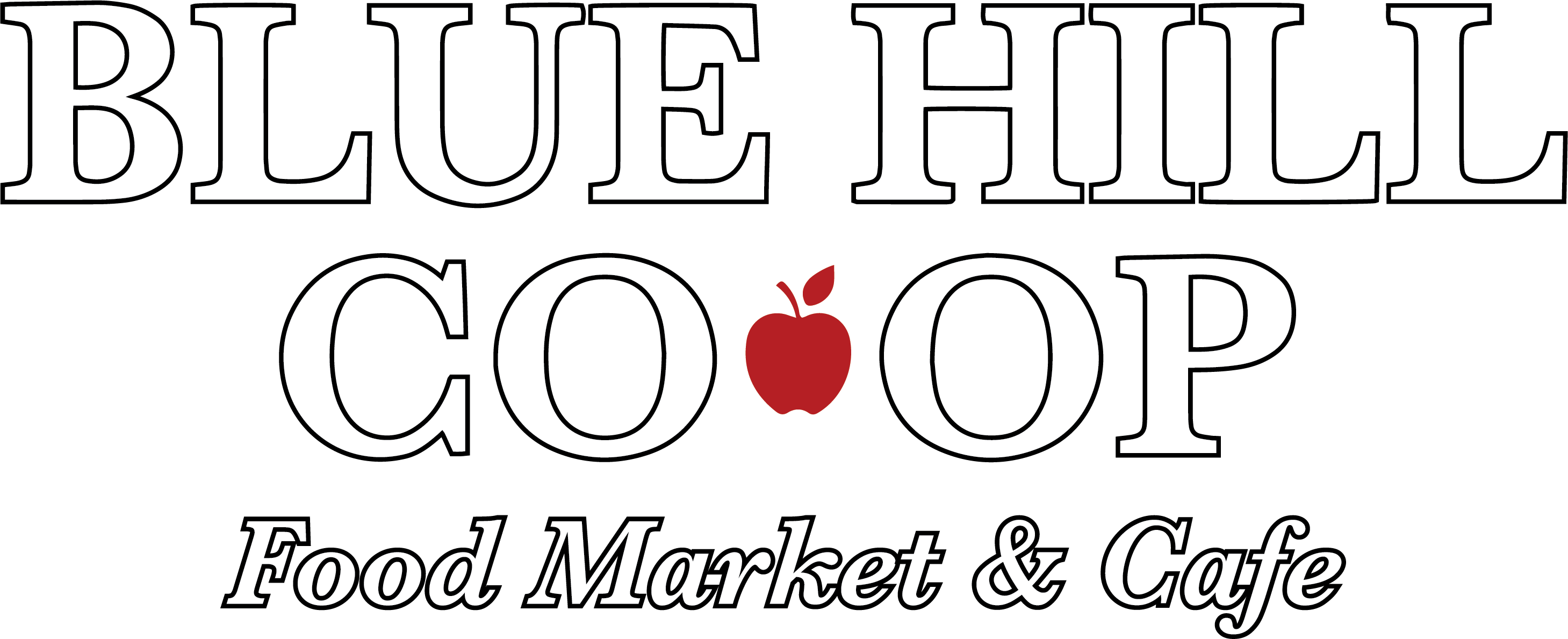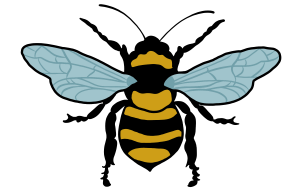Food labels can be enormously helpful, but sometimes all those terms can be confusing. Some terms are regulated and some are not. It’s important to learn what they mean so you can make informed decisions about what foods you buy.
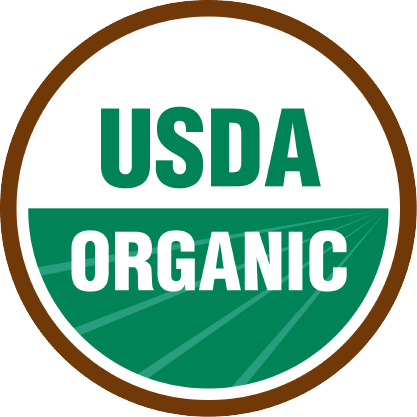
Certified Organic
These are foods and products produced without most conventional pesticides or synthetic fertilizers, sewage sludge, bioengineering, or ionizing radiation. For a food product to be labeled “organic,” 95% of the ingredients must be organic. Meat, dairy, and eggs labeled organic have to come from animals who were fed only organic foods and were given no antibiotics. Artificial preservatives, colors, and flavors are also prohibited. GMO crops cannot be labeled “organic.”
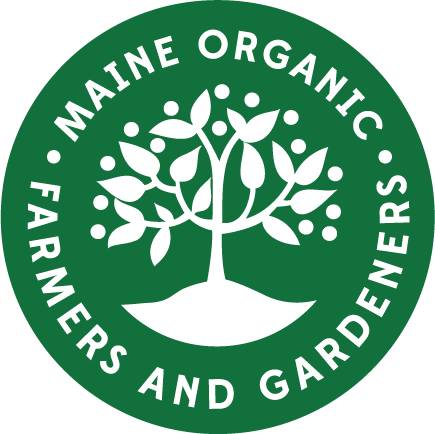
MOFGA Certified Organic
MOFGA Certified refers to products grown or produced in Maine that have been certified by our state organic organizations, Maine Organic Farmers and Growers Association. Maine products and produce must be certified with MOFGA in order to be marked organic.

Cage-Free
Cage-free means chickens and other poultry are raised in an open, indoor space rather than the horrible conditions of caged farming. It’s an improvement. However, depending on the certification used, there are different requirements, so it is not guaranteed that the birds have ample space to engage in their natural behaviors. It’s best to buy eggs from producers who are open about the conditions of their facilities and prove they’re raising humanly.

Free-Range
Free-range poultry is cage-free, with the birds allowed access to the outdoors. Again, depending on which program certifies the producers, the conditions vary. Not all regulate enough space for the birds to really use the outdoor space. Others regulate the amount of space and how much time the birds have access.
Pasture-Raised
For poultry, pasture-raised means the birds have much more access to the outdoors than free-range birds do. Many certifying programs also require the ground to have vegetation cover and have population mandates to prevent overcrowding. Pasture-raised often means no beak trimming or forced molting is permitted.
For other types of animals, such as sheep, pasture-raised or “pastured” means they can go outside into the pasture all year long. They may be given grain feed as well as grass. If you’re concerned about grain feeding, you should check the specific producer to see if they are grass-fed as well as pasture-raised.

Grass-Fed
Grass-fed means that the animal is raised on grass or hay for the entirety of its life (besides milk before weening). It’s important to note that grass-fed certification does not regulate whether the animal has been given hormones or antibiotics.
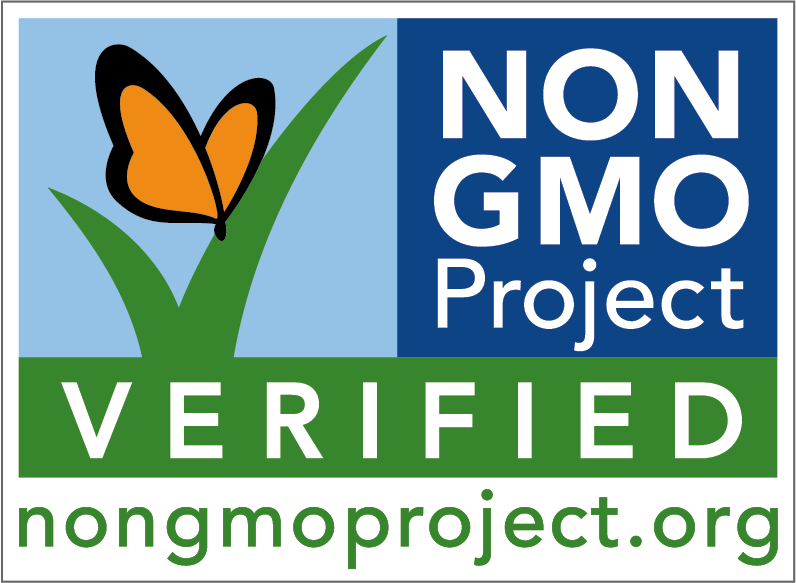
Non-GMO
Genetically Engineered crops are common for corn, soybeans, alfalfa, canola, and some other foods. If you want to avoid them, buy foods labeled Non-GMO.
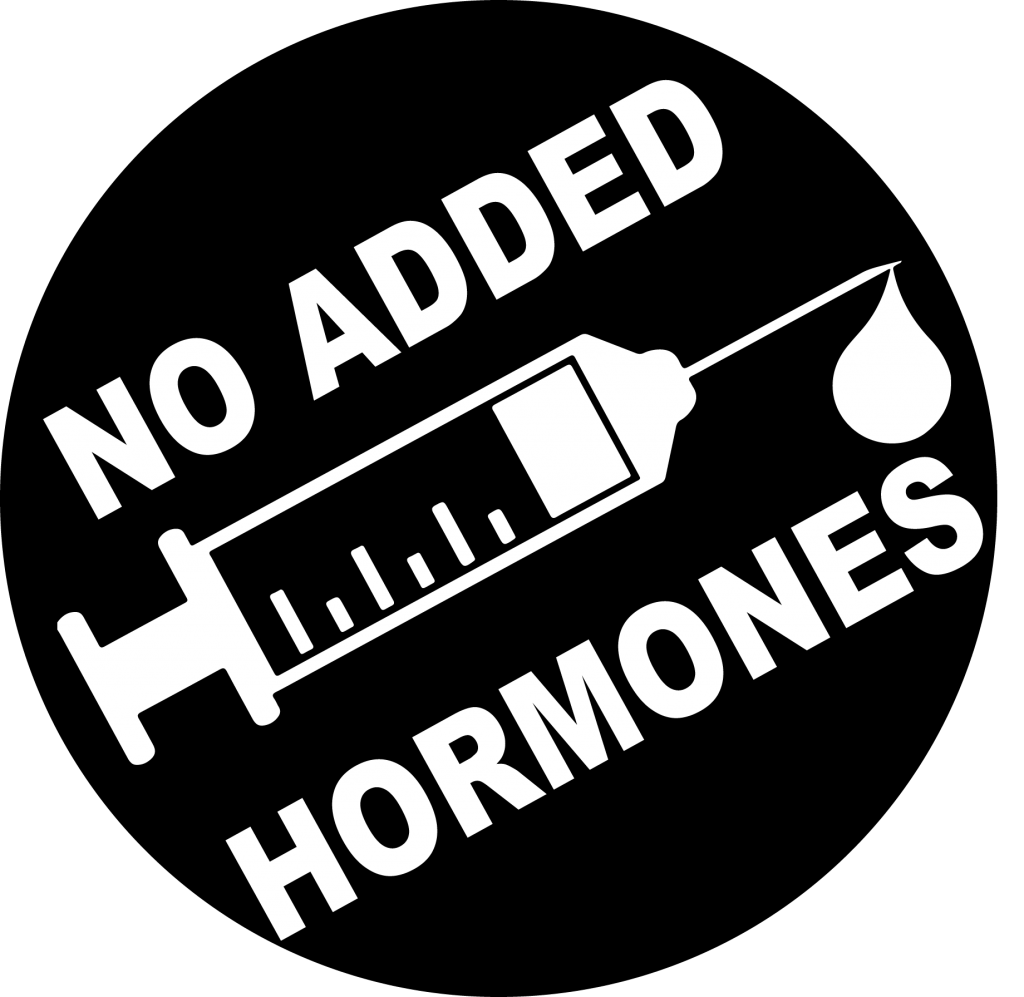
No Added Hormones
All living things have hormones but this label means that no extra hormones, including artificial growth hormones, have been given to the animal.
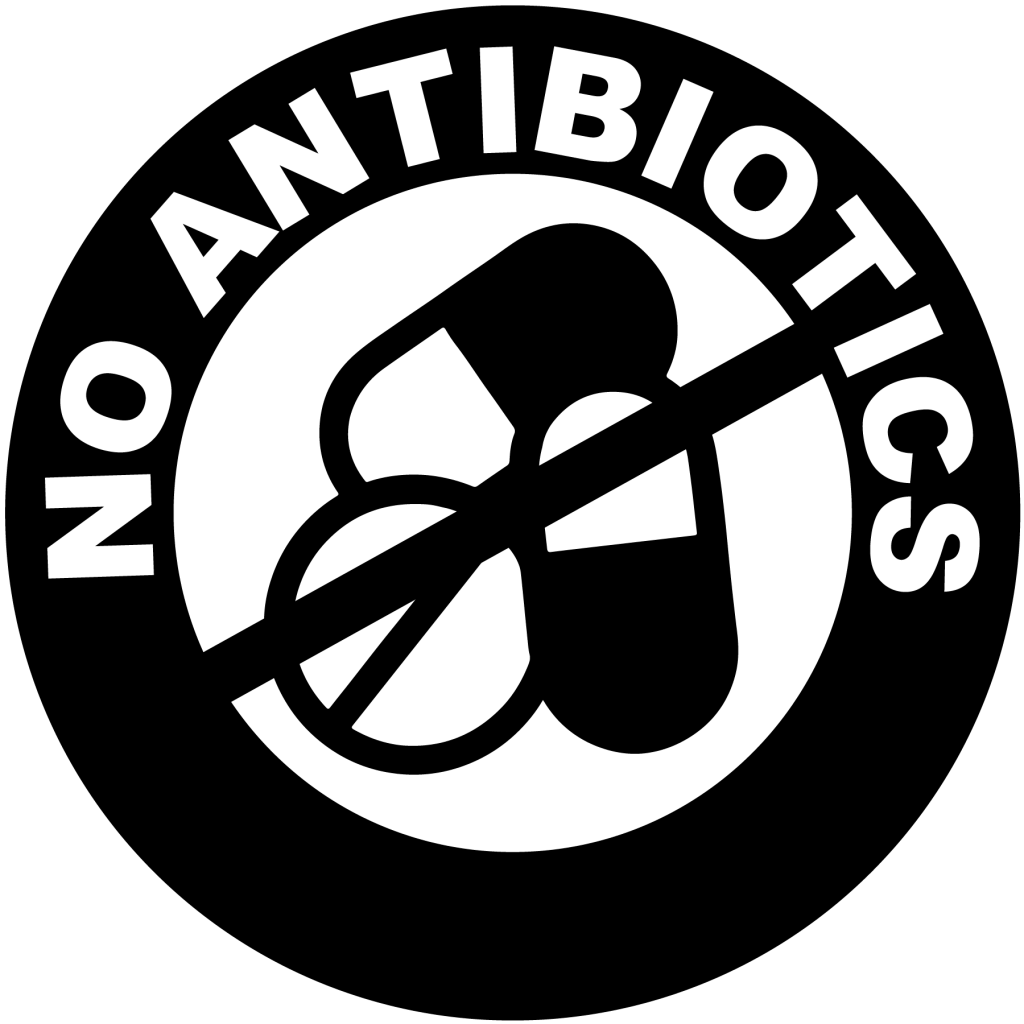
No Antibiotics
This label means the animal was not given antibiotics at any point in its life—not in its food, water, or through injections.

Wild Caught
Wild-caught means that the fish or seafood was caught the old-fashioned way, by fishermen, in their natural habitat. This is opposed to farming fish, which is often inhumane conditions (though humane fish farming is possible).
There are no guidelines or regulations for these terms. Not everyone who uses them is attempting a marketing ploy, but you should use common sense and discernment when you see products using the following terms.
Natural
The word natural is wholly unregulated, and a case can be made for anything being “natural.” Not all products labeled “natural” are trying to scam you, but you should still check out the ingredients to be sure you know what you’re buying.
GMO-Free
GMO-free is not the same thing as non-GMO. It’s unregulated and, due to testing limitations, it’s challenging to be certain no trace amounts of GMO ingredients have found their way into the product.
Local
Since the word “local” is relative, this claim is hard to regulate. Make sure you know what someone means by local. As for the Co-op, when we say “local” we mean it was made/grown in Maine.
Non-Toxic
The fact is, just because something isn’t linked to toxic responses doesn’t make it healthy. Be discerning with your purchases and read the ingredients.
